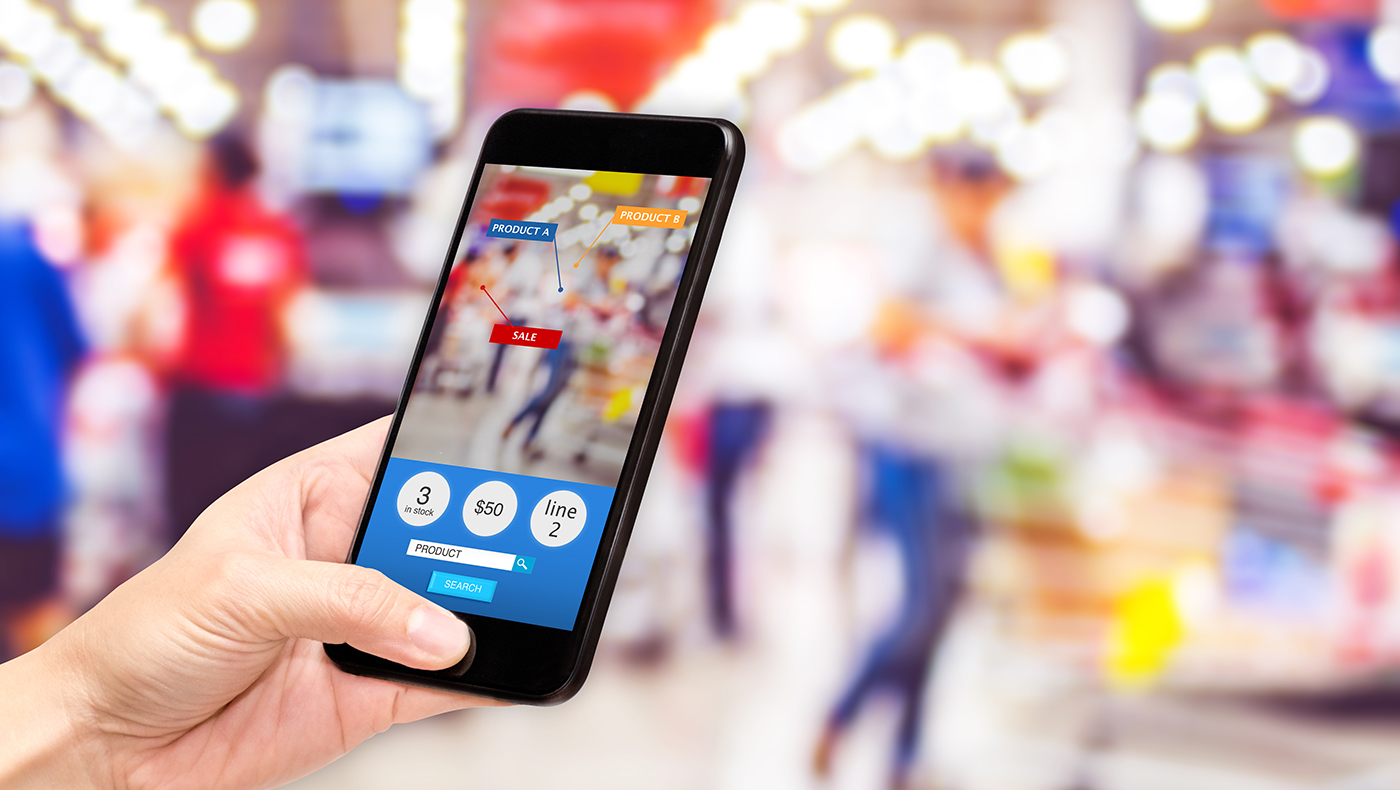Nearly one out of five dollars this holiday season will be spent between Thanksgiving Day and Cyber Monday, according to recently released predictions by Adobe using analytics data. With consumers expected to spend $23.4 billion online during the five-day Thanksgiving holiday weekend that includes Black Friday and Cyber Monday, UD’s Alfred Lerner College of Business and Economics marketing professors Yiyi Li and Andong Cheng provide tips on how to get the best value during the start of the holiday shopping season.
Shop online to get the best deals
Li, an assistant professor of marketing, has been studying the impact of multi-channel advertising on consumers’ search and purchase decisions. She has looked at how people shop online versus offline, and how they use different devices to search in order to make their final purchase decisions. Her findings show that as younger generations, born with modern technology, have entered the market, online shopping has grown and she predicts it will overtake offline shopping as the main platform for holiday purchases. This switch to online may prove to be a benefit to consumers, according to Li.
According to Business Wire, in a recent survey of over 1,000 U.S. consumers, 47 percent expect to browse in-store for a product they intend to buy online later. In-store or “offline” shopping actually causes consumers to incur more costs, including transportation to stores, lack of ability to easily compare prices between retailers and sticking to a specific holiday budget. “People are more price sensitive while shopping online versus offline,” Li said. “You do more research online whereas people are more likely to be impulsive at physical retailers.”
Facing pressure from competition with Amazon and other online retailers, many traditional retailers will be offering their Black Friday deals both online and offline this year. According to Li, when consumers shop online they can visit multiple stores at once and easily compare prices to make sure they’re getting the best deal. They also avoid the inconvenience and cost of leaving their homes to shop. Holiday shoppers who chose to go online can save extra money through online rebate sites and some credit card companies. Using these tools while online shopping could lead to significant savings during this holiday season.
Li’s advice to holiday shoppers is to take advantage of the benefits of online shopping this Black Friday and Cyber Monday. She recommends that consumers, “do more research and really compare the prices. Don’t do impulsive shopping, think through whether you really need an item before purchasing.” Li recommends the use of online rebate websites, credit card rewards and airline shopping portals as some of the best ways for shoppers to save this holiday season.
Beware of promotional discounts
Research exploring promotional credit deals and how they can lead to fallacious thinking in consumers, co authored by assistant professor of marketing, Andong Cheng, suggests that certain types of Black Friday discounts may cause consumers to spend more than they realize. Cheng advises consumers to consider the phenomenon of double mental discounting, where shoppers experience a “mental accounting phenomenon” when offered promotional credit.
For example, Cheng said, “Let’s say you went to Ann Taylor Loft, you bought a sweater for $50 and received $10 of Loft credit to spend in the future. This purchase feels like it’s only $40 instead of $50. And then later, you spend the $10 on another shirt and feel like the shirt is free, because you’ve only been spending that merchandise credit instead of more money out of your pocket.”
In this scenario, even though you have only received $10 in rewards, you feel as though you have received $20. This also doesn’t account for the possibility that you won’t fully use that promotional credit. This is why, Cheng explained, consumers should try to remember that gift cards “should be treated like cash” in terms of their mental value.
“So for example, when you receive promotional credit, don’t think of the initial purchase as cheaper,” she said. “Only take that money gained into account once you’re actually able to use the promotional credit.” Keeping this in mind, she said, may help us to “not feel encouraged to buy things that otherwise may not feel as good of a deal.”




